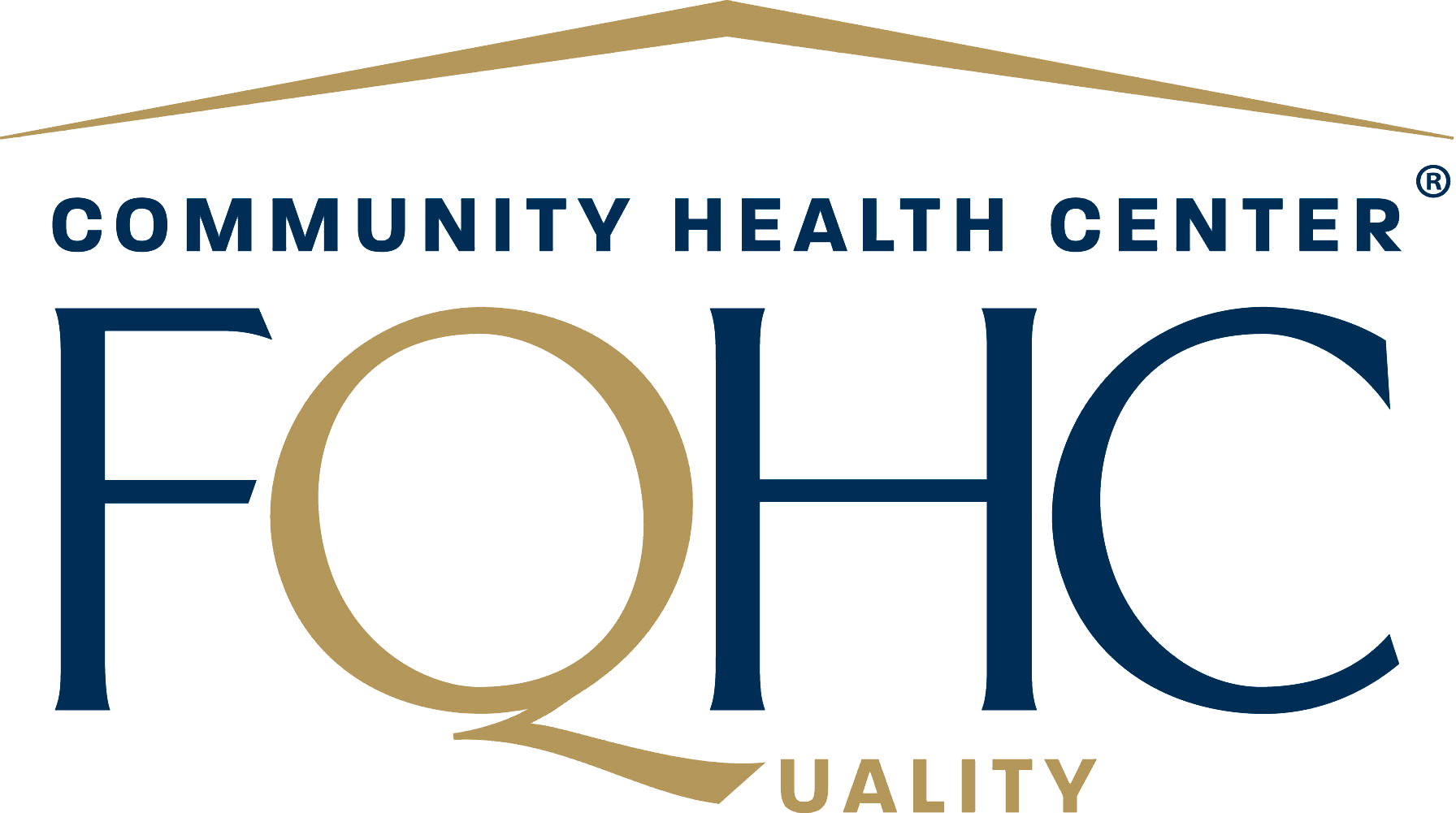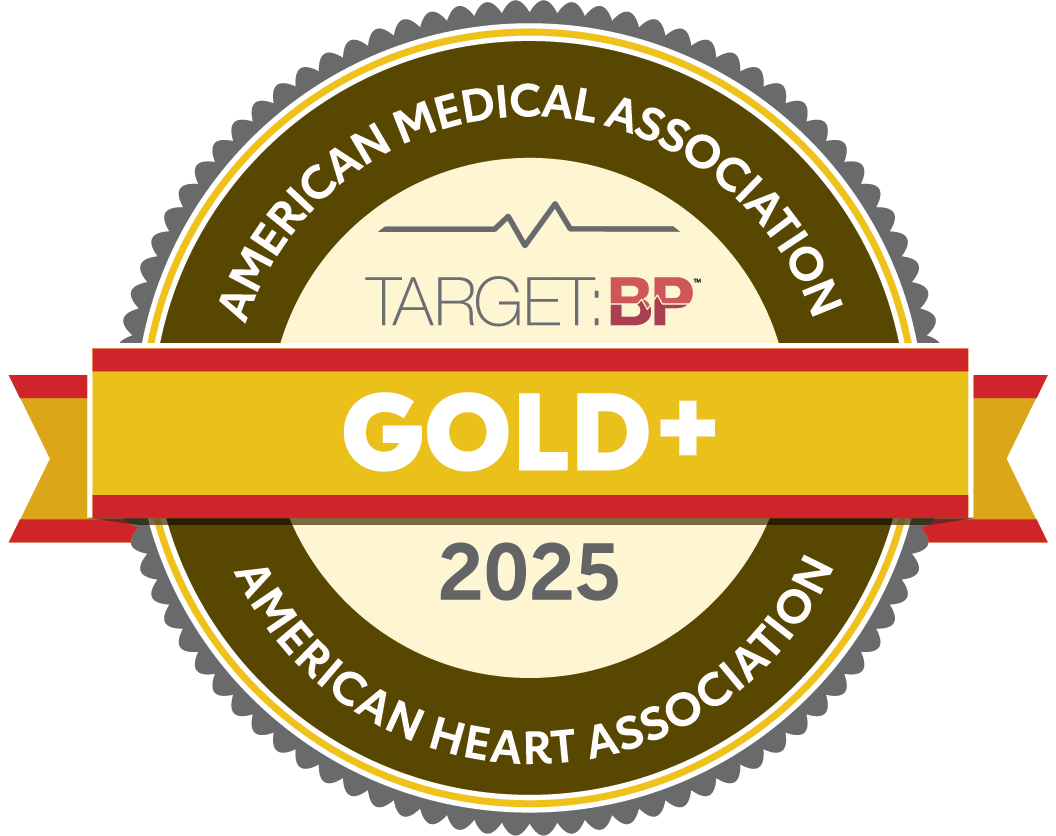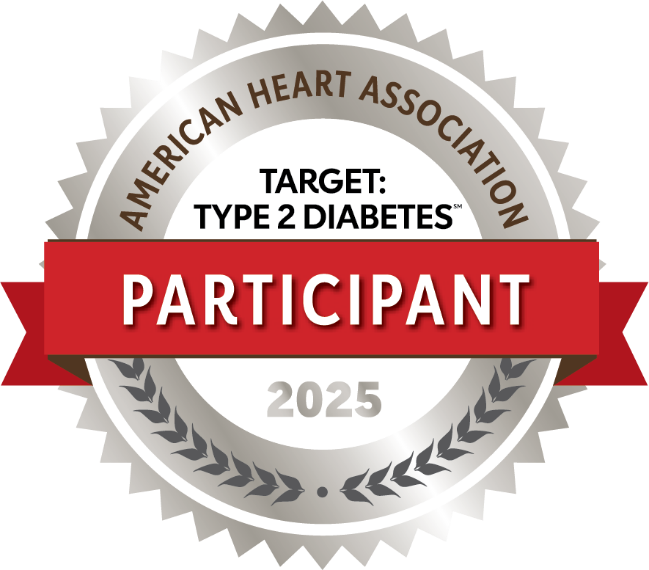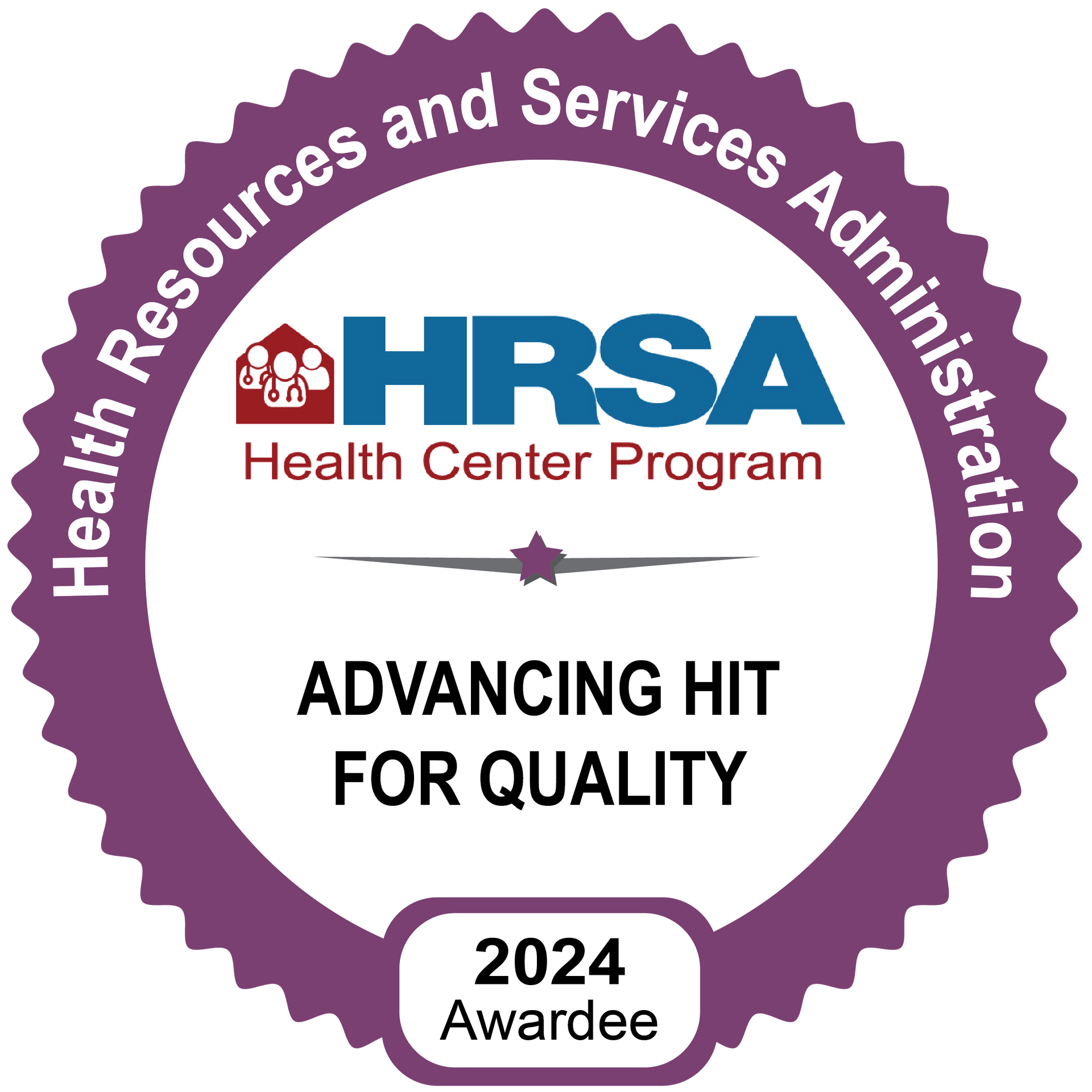RX Pad Blog
How to Know When Bug Bites, Rashes, and Skin Irritations Need Medical Attention
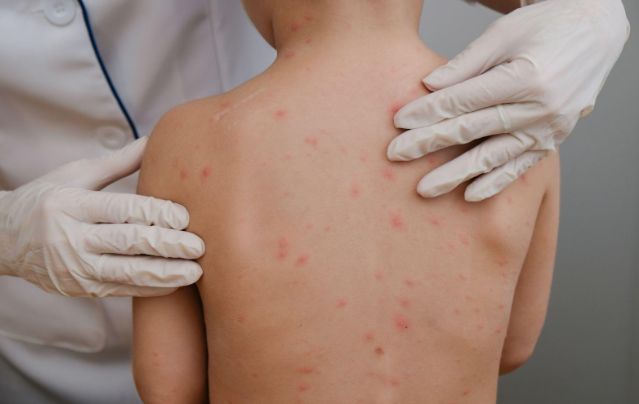
Skin issues such as bug bites, rashes, and other irritations frequently occur and often resolve on their own with basic care. However, some can signal more serious health concerns requiring prompt medical evaluation. Recognizing when a skin problem needs professional care is essential to prevent complications and ensure proper treatment.
Here’s how to identify concerning symptoms that can help you.
How Your Skin Reacts to External Triggers
Bug bites, allergic reactions, and irritants often trigger redness, itching, and swelling as your body reacts to foreign substances or insect saliva. Most minor irritations improve within a few days with home remedies like antihistamines or topical creams. However, persistent or worsening symptoms could indicate infection, allergy, or systemic illness. Being able to differentiate normal healing from concerning signs allows you to take appropriate action early.
If you notice your bite or rash is expanding quickly, becoming increasingly painful, or showing new symptoms like blisters or oozing, these are warning signs. Normally, irritation should stabilize or improve within 48 to 72 hours. A worsening condition suggests an infection or an allergic response that needs medical assessment to prevent further complications.
Key Characteristics That Signal Medical Attention
Infections often develop when bacteria enter broken skin caused by scratching or an open wound. Even if you’ve never had a severe reaction before, watch closely for escalating symptoms after insect exposure. Carrying an epinephrine auto-injector can be a lifesaver for those known to have insect venom allergies. If you have skin irritation or rashes that persist beyond two weeks or that recur frequently, it’s important to see a dermatologist.
Chronic conditions like eczema, psoriasis, or allergic dermatitis require diagnosis and advanced treatment options that go beyond over-the-counter remedies. Timely antibiotic treatment can prevent serious complications like cellulitis or systemic infection.
Tick Bites and the Risk of Lyme Disease
Ticks can carry bacteria that cause Lyme disease, which often starts with an expanding “bull’s-eye” rash appearing days to weeks after the bite.
Other symptoms include fatigue, fever, muscle aches, and joint swelling. If you have been in tick-prone areas and notice these signs, seek medical evaluation, where early treatment is essential to prevent long-term complications.
Spider Bites and Necrotic Skin Damage
Certain spider bites, such as those from the brown recluse, may cause tissue necrosis, resulting in ulcers and deep skin damage. Watch for increasing pain, blistering, or darkening skin around the bite site. These symptoms warrant immediate professional assessment to minimize tissue loss and manage infection risk.
What to Expect from Your Healthcare Provider
When you seek medical care for a skin concern, your provider will begin with a thorough health history and a close visual inspection of the affected area. They’ll ask about recent exposures, travel history, medications, allergies, and any underlying health conditions that could be linked to your symptoms. You might be asked for a:
- Skin Biopsy: If needed, a small sample of skin is removed and examined under a microscope. This helps identify infections, inflammatory skin diseases, or abnormal cell growth such as cancer.
- Patch Testing: To diagnose contact allergies, your provider may apply small amounts of common allergens on adhesive patches placed on your back. After 48 to 96 hours, they’ll check for delayed allergic reactions.
- Blood Tests: These can reveal signs of systemic infections, autoimmune disorders, or inflammation that may not be visible on the skin’s surface.
By combining these diagnostic methods, your provider can determine the root cause of your symptoms and develop a treatment plan that targets your specific condition effectively.
Practical Tips for Preventing Skin Irritations and Bug Bites
Whether you're managing dry skin at home or spending time outdoors where bugs thrive, the following strategies can help you guard your skin against common triggers while keeping it clean, strong, and healthy.
Maintain a Healthy Skin Barrier with Gentle Daily Care
Keeping your skin moisturized and clean is your first line of defense against irritations. Use fragrance-free, hypoallergenic moisturizers to prevent dryness and cracking, which can make your skin more vulnerable. Cleanse with gentle soaps that don’t strip natural oils, and avoid hot water, which can worsen sensitivity. These small habits help reduce flare-ups from conditions like eczema or contact dermatitis.
Protect Against Infections with Quick First Aid
Even minor cuts and abrasions can lead to infection if not treated promptly. Always clean small wounds with mild soap and water, apply an antiseptic, and cover them with a clean bandage. This helps seal out bacteria and speeds healing. Avoid picking or scratching at healing skin to prevent scarring or reopening the wound.
Minimize Risk from Known Irritants and Allergens
Identify products or materials that have triggered reactions in the past, like certain soaps, detergents, or plants, and avoid them whenever possible. Use gloves when handling harsh chemicals, and opt for hypoallergenic laundry and skincare products. This extra caution can prevent flare-ups or allergic rashes before they start.
Use These Protective Measures Outdoors to Avoid Bug Bites
To reduce your exposure to insect bites and the skin irritation they cause, follow these practical steps:
- Apply insect repellents containing DEET or picaridin to exposed skin and clothing.
- Wear long sleeves, pants, and socks when spending time in wooded or grassy areas.
- Avoid standing water, which attracts mosquitoes.
- Use window screens and keep doors closed to prevent insects from entering your home.
- Shower and change clothes after an outdoor activity to remove any potential irritants or allergens.
Practice Smart Habits to Avoid Common Skin Reactions
Avoiding over-exfoliation prevents unnecessary damage, while washing new clothes before wearing helps eliminate potential irritants from the manufacturing process. Protecting your skin from the sun by using SPF and wearing appropriate clothing is essential, and staying hydrated supports your skin’s natural resilience.
What You Gain from Professional Skin Care
Professional skin care at Amity Med offers accurate diagnosis and effective treatment for bug bites, rashes, and skin irritations that may worsen or cause complications. Our medical experts use advanced tools to identify infections, allergic reactions, or underlying conditions that require specialized care.
By providing targeted therapies and personalized advice, we help prevent complications and promote faster healing. With ongoing monitoring and expert guidance, Amity Med supports you in managing skin concerns safely and effectively, so you know when to seek help and how to care for your skin properly.
Getting expert care means access to advanced diagnostics and modern treatments not available through self-care, and we, at
Amity Medical Group, offer the best treatments and guidance to prevent future problems.
Book your appointment for the right diagnosis and care today!








